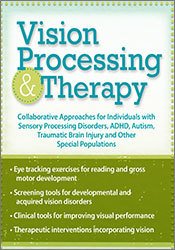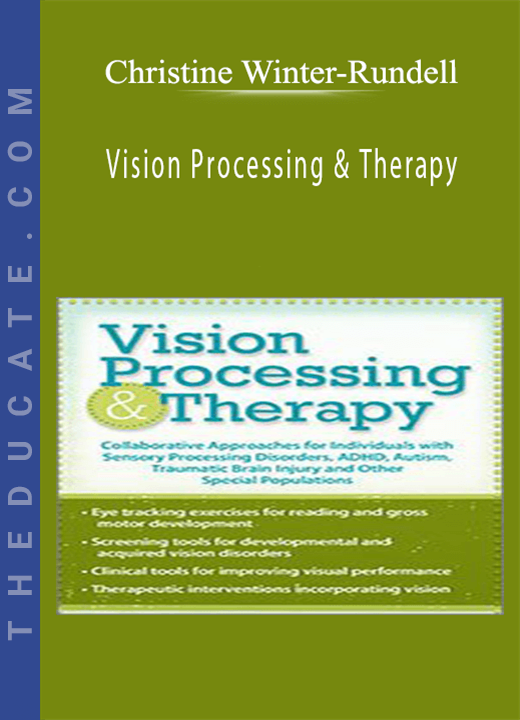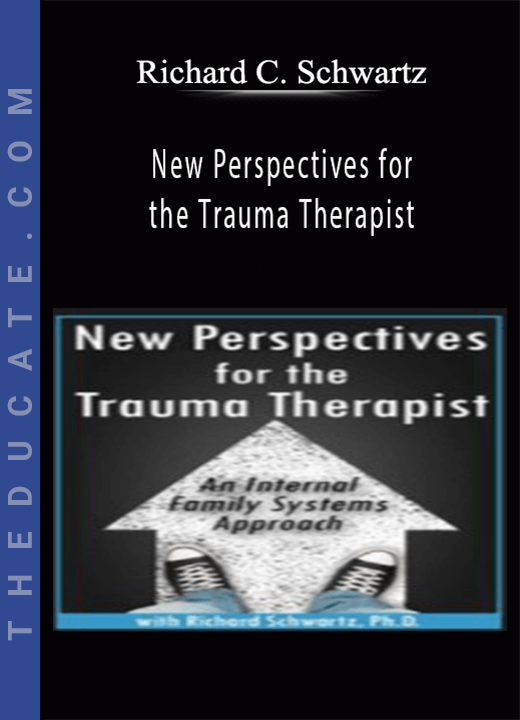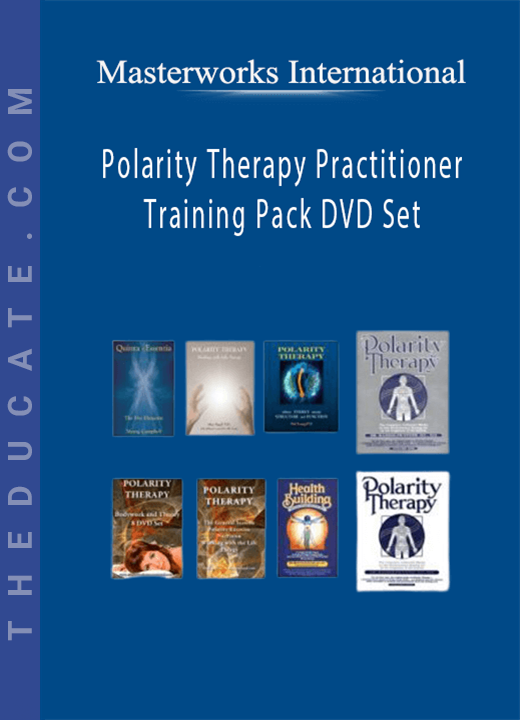Description

- Faculty:
- Christine Winter-Rundell
- Duration:
- Full Day
- Format:
- Audio and Video
- Copyright:
- Apr 27, 2016
- Eye tracking exercises for reading and gross motor development
- Screening tools for developmental and acquired vision disorders
- Clinical tools for improving visual performance
- Therapeutic interventions incorporating vision
- the steps necessary to adequately screen for potential vision deficits
- to identify various visual disorders
- to educate your patients and their parents on how vision can impact learning, behavior and function
- to collaborate on effective treatments and therapeutic visual interventions direct treatment strategies and home programming ideas
- Vision is a dynamic process
- Ocular health and refractive conditions
- Functional and perceptual skills
- Neurodevelopment of eye movements, accommodation and binocularity
- Amblyopia, strabismus and early intervention
- Vision problems as neurodevelopmental disorders
- Vision problems as sensory processing disorders
- Visual perceptual testing: Standardized and observational
- Setting the foundation for good visual development
- The importance of vestibular and motor activities
- Collaboration between therapeutic interventions and/or learning strategies
- Optometric application of lenses and prisms
- Early intervention
- Is there an age that is too late for intervention?
- Sue Barry, Fixing My Gaze and vision therapy
- Jillian’s story
- Brain injury and concussion
- Signs and symptoms of undiagnosed or untreated vision problems
- Red flags for autism spectrum disorder
- Vision problems versus behavior problems
- PLRG the penlight red/green
- Standardized convergence insufficiency screening
- Visual tracking, head movement and the midline plane
- InfantSEE and locating a developmental optometrist near you
- Visual-vestibular integration activities
- Eye tracking exercises for gross motor development and reading skills
- Eye teaming and the importance of convergence
- Visual perceptual enhancing games
- Bilateral integration activities
- Differentiate between the traditional and developmental models of vision.
- Identify the various systems of vision and how they impact learning.
- Explain the visual complications of neurologic conditions.
- Discuss the role of vision in early intervention.
- Describe how to screen for vision disorders.
- Collaborate on therapeutic interventions for vision problems.
- Summarize direct treatment strategies and home programming ideas.
Christine Winter-Rundell – Vision Processing & Therapy: Collaborative Approaches for Individuals with Sensory Processing Disorders, ADHD, Autism, Traumatic Brain Injury & Other Special Populations
Description
In this seminar you will learn how to recognize and understand the specifics of how vision processing relates to disorders you treat in clinical practice daily, such as: sensory processing disorders, autism, ADHD, and traumatic brain injury.
You will learn:
Explore and experience the various methods used for enhancing and strengthening abnormal visual skills. Learn new methods for effectively screening for common visual disorders and walk away with the clinical tools to help you expand your scope of knowledge and improve patient outcomes.
OUTLINE
Traditional vs. Developmental Model of Vision
Visual System Break Down
Visual Efficiency Skills
Visual Processing
Treatment: A Multi-Disciplinary Approach
Neuroplasticity of the Visual System
Vision, Learning and Behavior
Screening Procedures and Hands-on Demonstration
Therapeutic Activities and Hands-on Demonstration
OBJECTIVES
Satisfaction Guarantee
Your satisfaction is our goal and our guarantee. Concerns should be addressed to PESI, Inc., PO Box 1000, Eau Claire, WI 54702-1000 or call 1-800-844-8260.
ADA Needs
PESI would be happy to accommodate your ADA needs; please call our Customer Service Department for more information at 800-844-8260.
Handouts
| Webcast Manual (4.46 MB) | 86 Pages | Available after Purchase |
Faculty

Christine Winter-Rundell, OD, FCOVD, FAAO Related seminars and products: 8
Christine Winter-Rundell, OD, FCOVD, FAAO, is a Fellow of the American Academy of Optometry and a Fellow of the College of Optometrists in Vision Development (COVD). Her interests lie in primary eye care for children of all ages, with a special focus on children with vision-related learning disorders or any patients who have had a brain injury. She enjoys co-managing patients with other professionals and frequently works closely with occupational, physical, and speech therapists, psychologists, and pediatricians. Dr. Winter-Rundell graduated with honors with a degree in Biology and minor in Psychology from the University of Iowa in 2000. She attended Southern College of Optometry in Memphis, TN for her Doctor of Optometry education, followed by a Residency at Nova Southeastern College of Optometry in the area Primary Eye Care with emphasis in Pediatrics. In 2005 she joined The Children’s Eye Center at Cedar Rapids Eye Care. Dr. Winter has been very active in optometric service missions to five different countries in Latin America where her Spanish language fluency was advantageous, and looks forward to sharing that experience with her children.
Speaker Disclosures:
Financial: Dr. Christine Winter-Rundell is employed by The Children’s Eye Center at Cedar Rapids Eye Care. She receives a speaking honorarium from PESI, Inc.
Non-Financial: Dr. Christine Winter-Rundell has no relevant non-financial relationship to disclose.







6 reviews for Christine Winter-Rundell – Vision Processing & Therapy: Collaborative Approaches for Individuals with Sensory Processing Disorders, ADHD, Autism, Traumatic Brain Injury & Other Special Populations
There are no reviews yet.